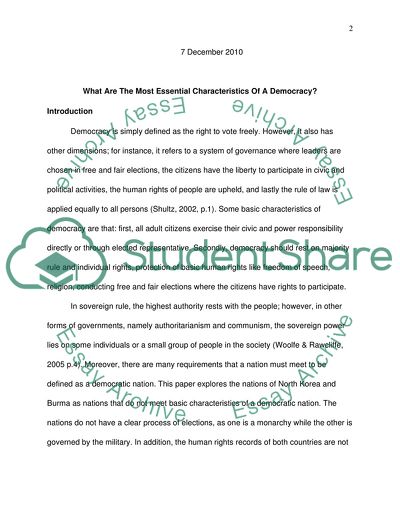Cite this document
(The Most Essential Characteristics of a Democracy Essay, n.d.)
The Most Essential Characteristics of a Democracy Essay. https://studentshare.org/politics/1746676-what-are-the-most-essential-characteristics-of-a-democracy
The Most Essential Characteristics of a Democracy Essay. https://studentshare.org/politics/1746676-what-are-the-most-essential-characteristics-of-a-democracy
(The Most Essential Characteristics of a Democracy Essay)
The Most Essential Characteristics of a Democracy Essay. https://studentshare.org/politics/1746676-what-are-the-most-essential-characteristics-of-a-democracy.
The Most Essential Characteristics of a Democracy Essay. https://studentshare.org/politics/1746676-what-are-the-most-essential-characteristics-of-a-democracy.
“The Most Essential Characteristics of a Democracy Essay”. https://studentshare.org/politics/1746676-what-are-the-most-essential-characteristics-of-a-democracy.


